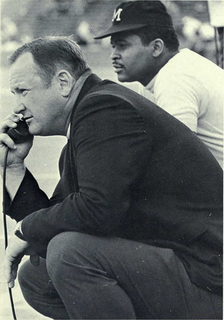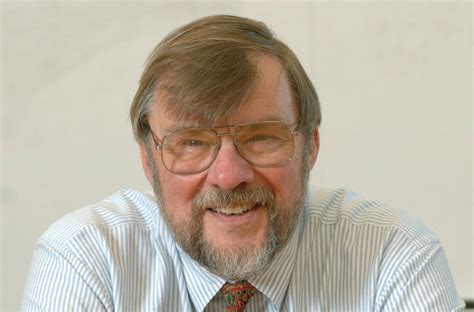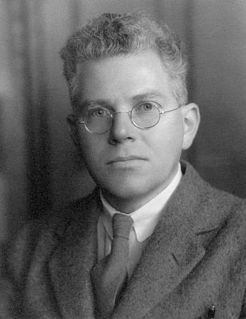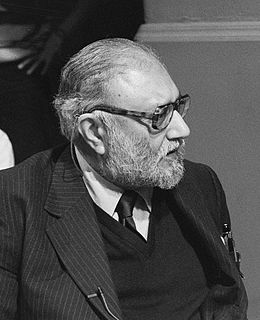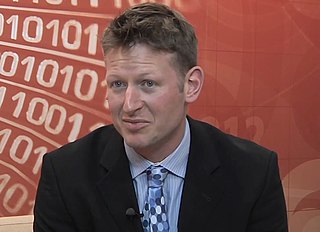A Quote by George Karl
I want to be the team that creates the action more than be the reactor.
Related Quotes
In the spring of 2007, Israeli intelligence brought to Washington proof that the Assad regime in Syria was building a nuclear reactor along the Euphrates - with North Korean help. This reactor was a copy of the Yongbyon reactor the North Koreans had built, and was part of a Syrian nuclear weapons program.
I, who had been in favour of nuclear energy for generating electricity ... I suddenly realised that anybody who has a nuclear reactor can extract the plutonium from the reactor and make nuclear weapons, so that a country which has a nuclear reactor can, at any moment that it wants to, become a nuclear weapons power. And I, right from the beginning, have been terribly worried by the existence of nuclear weapons and very much against their use.
I like poetry, but honestly, I like dramatic literature more. If I had to pick between Rumi and Dostoevsky, I would pick Dostoevsky without even thinking about it. Ninety-nine out of 100 Iranians would probably pick Rumi. Kiarostami, too, would probably pick Rumi first. I try to have the meaning be in the action of the story, not in the symbolism. I want it to be in the action, and it's dramatic action that creates the meaning.
There was a concept a long time ago that you would do a different type of reactor called a "fast reactor," that would make a bunch of another element called plutonium, and then you would pull that out, and then you would burn that. That's called "breeding" in a fast reactor. That is bad because plutonium is nuclear weapons material. It's messy. The processing you have to get through is not only environmentally difficultly, it's extremely expensive.

